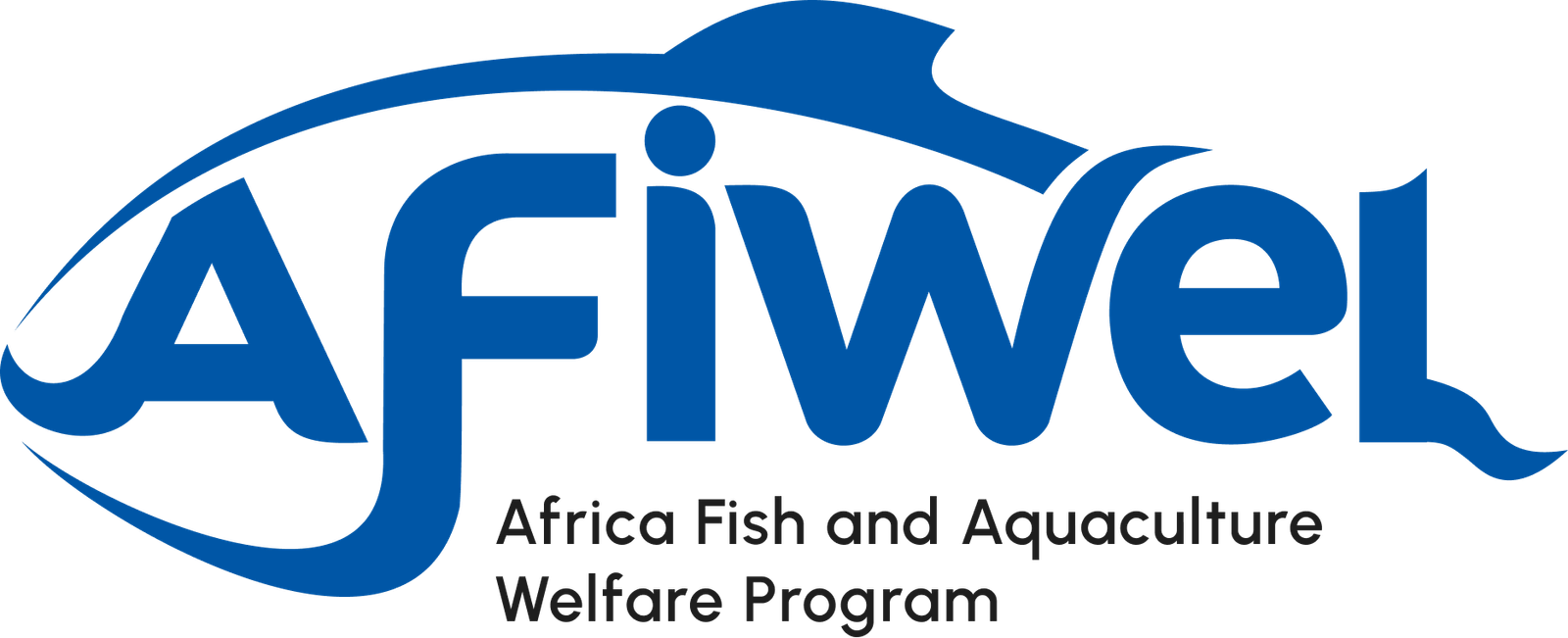Resources
Search for any resource here
Or filter by
Type of Paper
Subject Category
Year of Publication
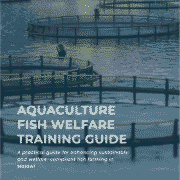
Category: Fish Welfare
Year of Publication: 2025
MALAWI FISH WELFARE TRAINING GUIDE
This Fish Welfare Training Guide, developed under the AFIWEL Fellowship, is tailored to Malawi’s aquaculture sector. It provides practical, evidence-based guidance for farmers, workers, and institutions, covering water quality, stocking density, feeding, handling, transport, health, and humane slaughter—anchored in principles that safeguard fish welfare while supporting sustainable aquaculture.
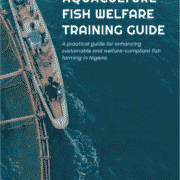
Category: Fish Welfare
Year of Publication: 2025
NIGERIA FISH WELFARE TRAINING GUIDE
This Nigeria training guide addresses aquaculture’s growth and welfare challenges, highlighting practices in water quality, feeding, stocking, handling, transport, and health management. Drawing on global and local insights, it equips farmers, professionals, and institutions to strengthen fish wellbeing, enhance productivity, and support ethical, sustainable aquaculture aligned with Nigeria’s development priorities.
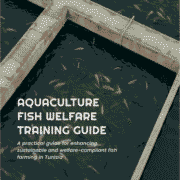
Category: Fish Welfare
Year of Publication: 2025
TUNISIA FISH WELFARE TRAINING GUIDE
This training guide enhances fish welfare in Tunisia’s aquaculture by presenting practical guidance on water quality, feeding, handling, transport, and health care. Drawing on local expertise and global standards, it equips farmers and stakeholders to improve fish wellbeing, boost productivity, and promote sustainable aquaculture aligned with national priorities.
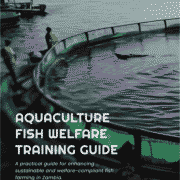
Category: Fish Welfare
Year of Publication: 2025
ZAMBIA FISH WELFARE TRAINING GUIDE
This Zambia-focused training guide advances fish welfare in aquaculture by presenting practical, evidence-based practices on water quality, handling, stocking, feeding, transport, health management, and humane slaughter. It empowers farmers, extension officers, and institutions to integrate welfare principles, improving fish wellbeing, productivity, and sustainability while supporting national aquaculture development goals.
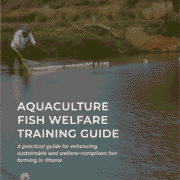
Category: Fish Welfare
Year of Publication: 2025
GHANA FISH WELFARE TRAINING GUIDE
This guide enhances understanding of fish welfare within Ghana’s aquaculture, emphasizing responsible practices in water quality, handling, feeding, stocking, and health management. By equipping farmers and trainers with practical tools, it seeks to improve fish wellbeing, strengthen production outcomes, and promote sustainable growth in the aquaculture industry.
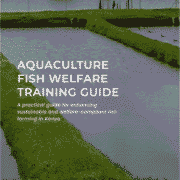
Category: Fish Welfare
Year of Publication: 2025
KENYA FISH WELFARE TRAINING GUIDE
This training guide introduces fish welfare principles in Kenyan aquaculture, emphasizing humane handling, disease prevention, water quality, and nutrition. It equips farmers, trainers, and stakeholders with practical skills to improve fish health, productivity, and sustainability while promoting responsible aquaculture practices aligned with animal welfare standards and national development goals.

